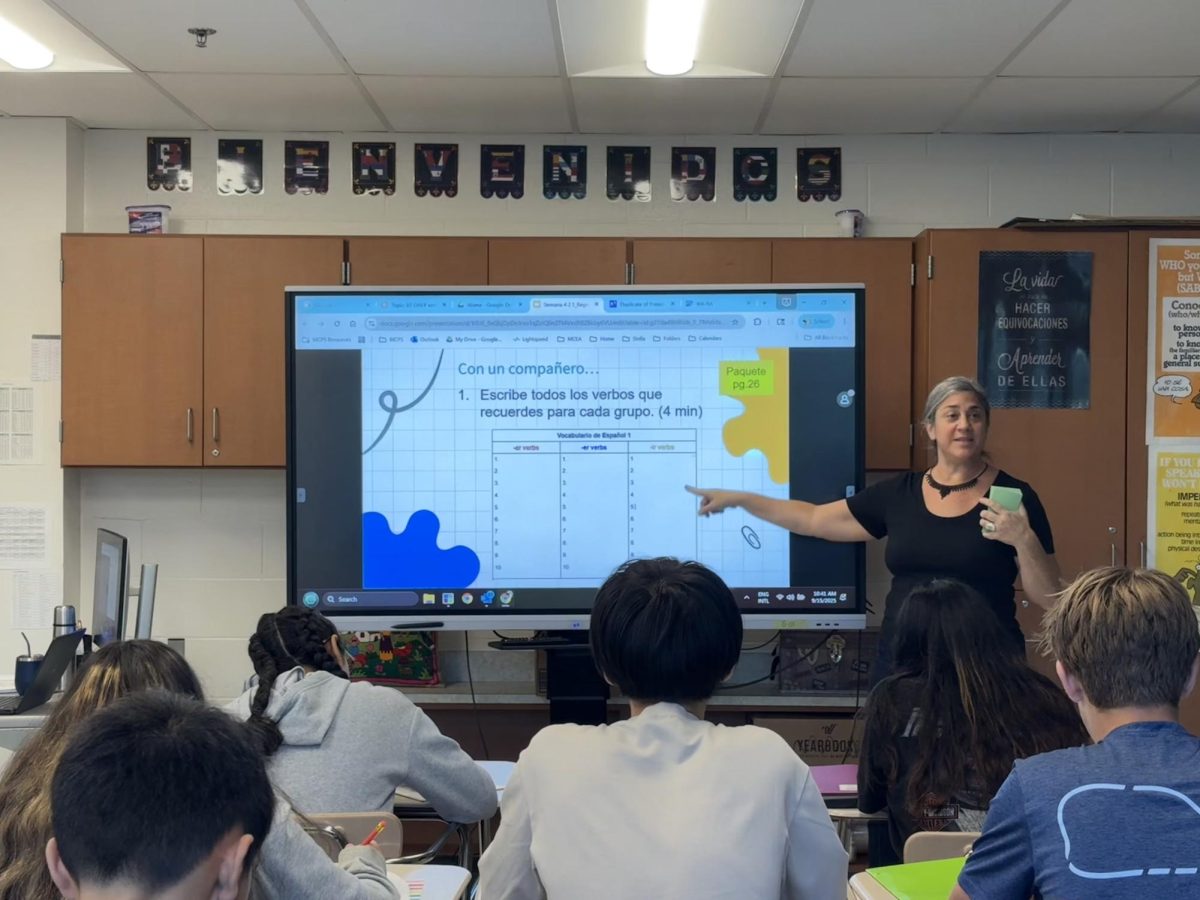After the annual PSAT was taken in schools across the country on Oct. 12, social media experienced an influx of memes related to the test, despite the test instructing students to not share any information on the contents of the test. Regardless, social media platforms like Instagram are filled with stories about the PSAT.
The memes tend to be comments mainly about the stories and articles in the writing section. These most commonly include memes about Ivy’s and the article about how children react to rewards. Memes about the math section exist, but are more scarce.
Students like sophomore Val Montero defend these memes, emphasizing that it is a way to make fun after the stress of the assessment.
“The PSAT memes are like a fun way of bonding over a stressful experience. You sit in there for four hours, and you’re expected to not talk about anything, but humor is a great way of bonding with people,” Montero said.
Other students tend to agree with this opinion. Sophomore Alex Hazoume had a similar response to the memes.
Even though students love the memes about the test, the question still rises on whether or not the PSAT’s should be so secretive about the information on the test. On the one hand, the confidential information makes it harder to cheat, but at the same time, the simplicity of the memes, especially to a person who has not yet taken it yet, provides no usable information on what is to come of the test.
The memes were made as a way to poke fun at the PSAT, not help others cheat. Sophomore Nico Kane explains that the memes won’t affect scores in any way.
“It’s a practice test. It’s not worth anything. It determines whether you’d rather take the SAT or the ACT. The answers on the SAT and PSAT are in no way similar, and it is proven by many authors who have covered the subjects of the SAT. Practice tests that are used from the PSAT are different, but related to questions on the SAT,” Kane said.









